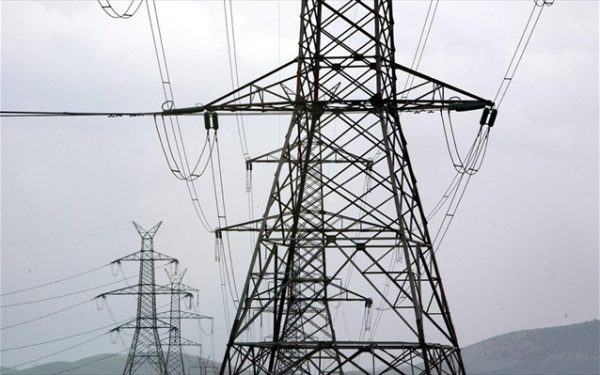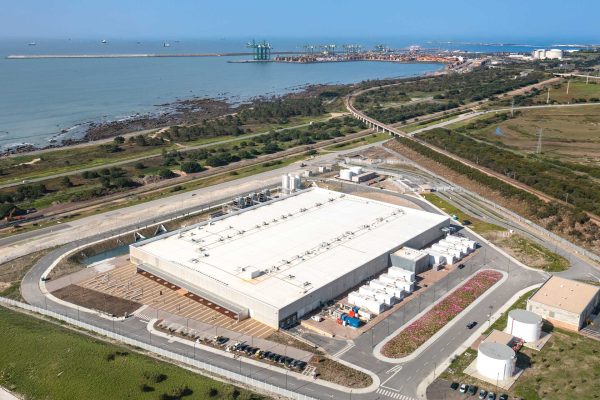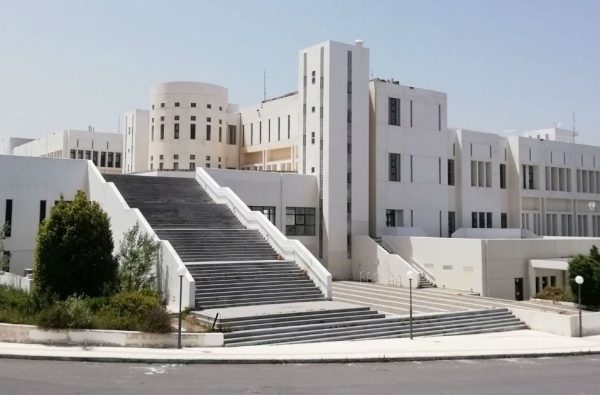
There is no dilemma between tourism and processing, regarding the future model of development of the Greek economy, the deputy governor of the BoG Theodoros Pelagidis said yesterday, speaking at the ekyklos conference, entitled “Tourism and Processing – Competitive or complementary sectors of the Greek economy?”. The two sectors are mutually supportive and interconnected in intermediate goods in particular through accommodation and catering. Tourism does not specifically use about 22% of its total domestic inputs from manufacturing. What is highlighted is mainly a manufacturing deficit, which is estimated at an additional 350,000 net new jobs in this sector.
He also stressed that a necessary condition for the promotion of processing is the stimulation of domestic spending, a fact that will help increase the much-coveted growth in scale of Greek small and medium enterprises. But also in their integration in the international value chains. In order to achieve this increase in domestic demand, without particularly adverse effects on the current account balance, it is crucial for the country to be able to establish conditions where wealthy foreigners will make Greece their country of part-time residence, and therefore of their spending.
Change of residence
Mr. Pelagidis said that about 80% of Europeans want to live in a different place from where they work, while about 1/3 of German and French workers will work remotely in 2022. This is an opportunity for Greece as concerns their attraction.
Greece needs people, especially in the sparsely populated regions outside Attica, but it certainly needs a qualitative leap in human resources, which means drastic changes at all levels of education. This also requires a consensus within the political system. But also more meritocracy along with some distance from any version of populism or “pleasant politics”, as well as limitation of the “service exchange” system. All structural features, deeply rooted in the Greek economy. Otherwise the talented young people will continue to leave for abroad.
Finally, as concerns inflation, he stressed that it is cost inflation, while for the rate of economic growth, he stated that the duration of satisfactory growth in time as well as its content is more important, clarifying that the increase of production and productivity is important. That is, the so-called intensive magnification. And that this remains to be seen given the difficulties of the hasty “green transition” and cost inflation.
Latest News

PM Mitsotakis to Chair New Democracy’s Committee Meeting
Today’s meeting is seen as a crucial opportunity to halt internal disputes within ND and reaffirm unity within the party.

Trump Tariffs Jeopardize Growth: Piraeus Chamber of Commerce
The tariffs, aimed at reducing the U.S. trade deficit, are expected to have both direct and indirect effects on the European economy

EU Condemns Trump Tariffs, Prepares to Retaliate
As tensions escalate, the EU is expected to continue negotiations with Washington while preparing for potential economic retaliation.

The Likely Impact of Trump Tariffs on Europe and Greece
Trump tariffs are expected to negatively affect economic growth in the Eurozone while Greece's exports could take a hit.

Motor Oil Results for 2024: Adjusted EBITDA of 995 mln€; Proposed Dividend of 1.4€ Per Share
Adjusted EBITDA for 2024 was down 33% yoy. The adjusted profit after tax for 2024 stood at 504 million euros, a 43% decrease from the previous year

Cost of Living: Why Greece’s 3% Inflation Is Raising Alarm
Greece appears to be in a more difficult position when it comes to price hikes, just as we enter the era of Trump’s tariffs.

Fitch Ratings Upgrades the Four Greek Systemic Banks
NBG’s upgrade reflects the bank’s ongoing improvements in its credit profile, Fitch notes in its report, including strong profitability, a reduction in non-performing exposures (NPEs), and lower credit losses

Trump to Announce Sweeping New Tariffs Wednesday, Global Retaliation Expected
With Trump's announcement just hours away, markets, businesses, and foreign governments are bracing for the fallout of one of the most aggressive shifts in U.S. trade policy in decades.

Inflation in Greece at 3.1% in March, Eurostat Reports
Average inflation in the eurozone settled at 2.2%, compared to 2.3% in February

Greece’s Unemployment Rate Drops to 8.6% in February
Despite the overall decline, unemployment remains higher among women and young people.









































 Αριθμός Πιστοποίησης
Αριθμός Πιστοποίησης